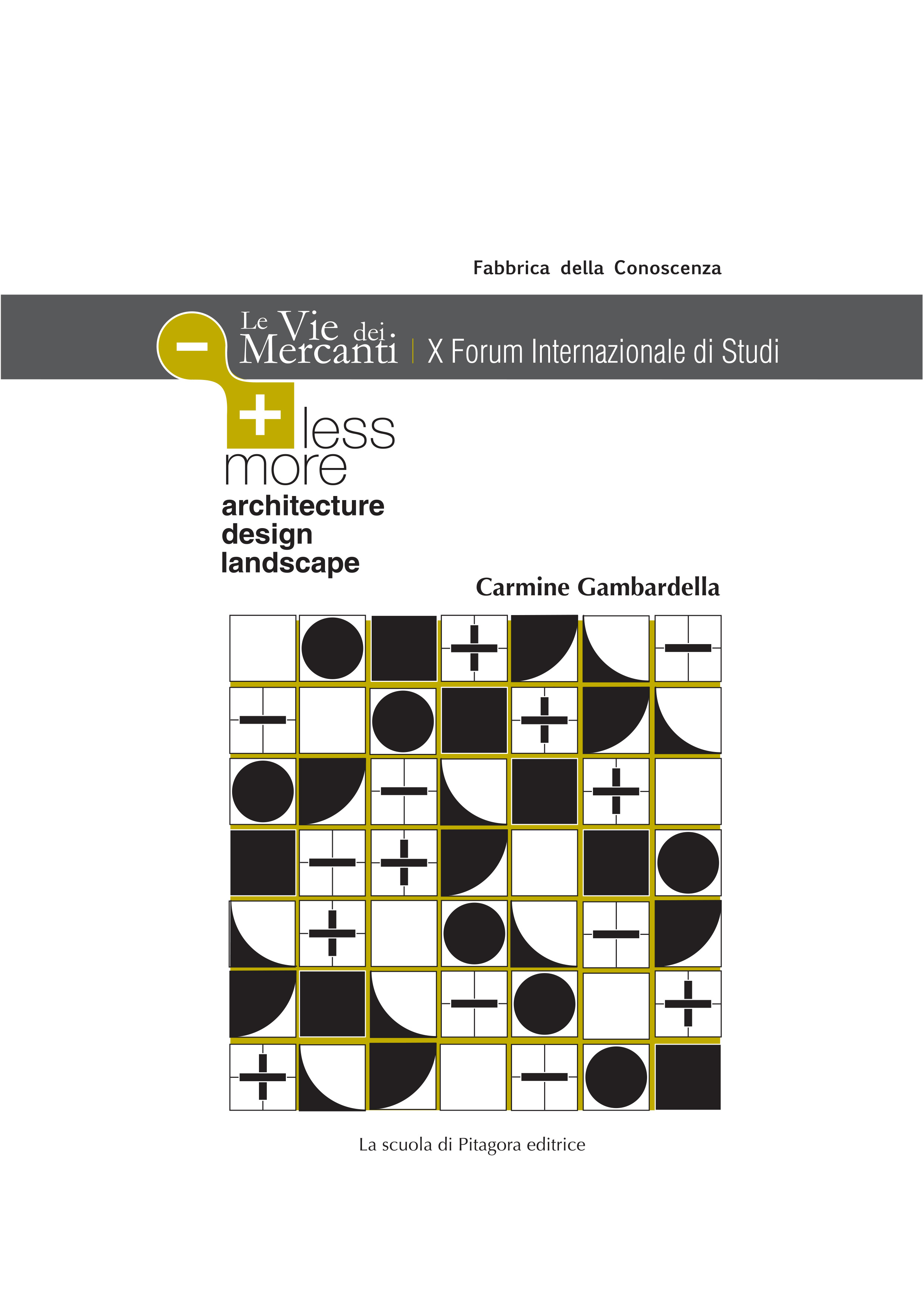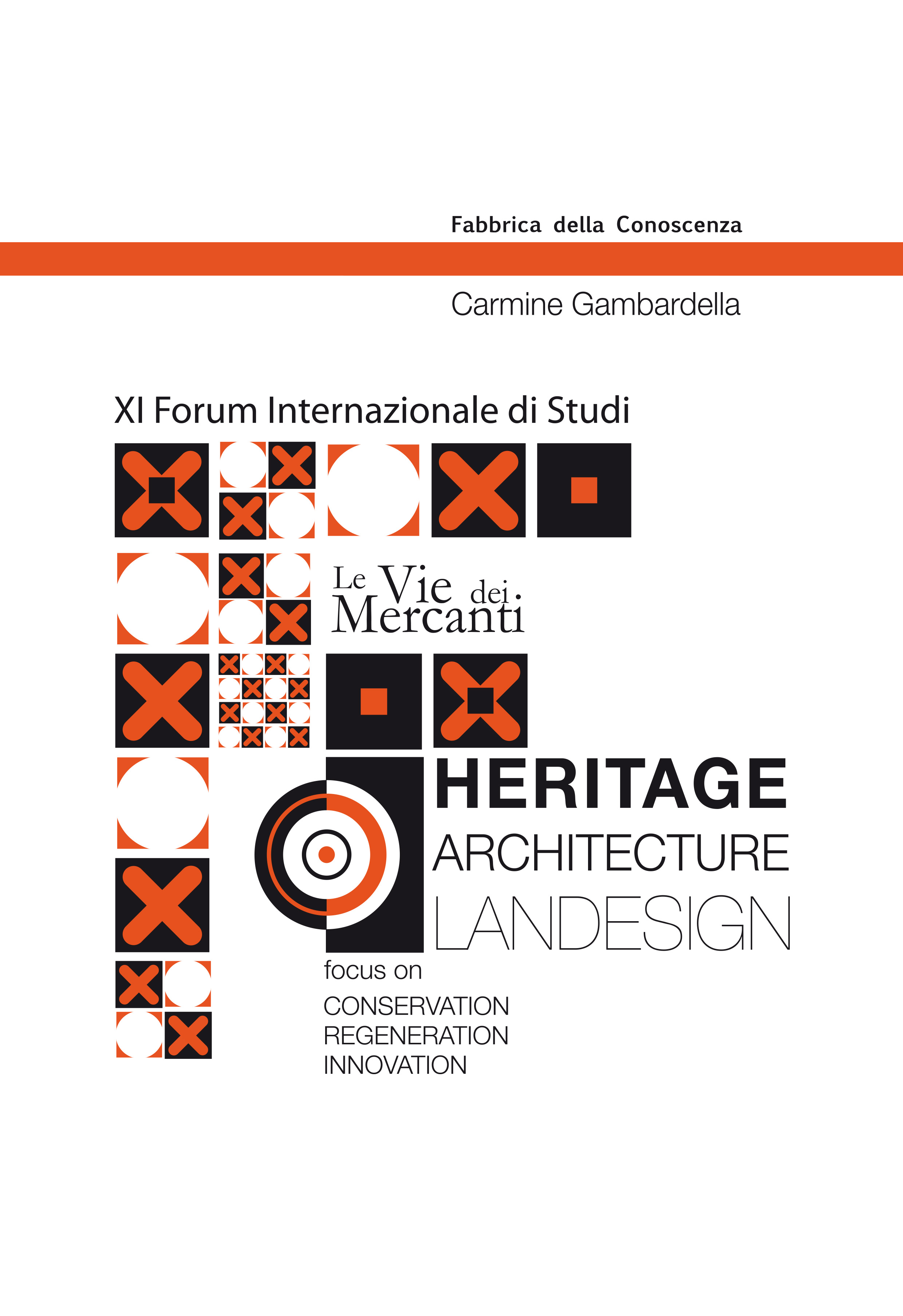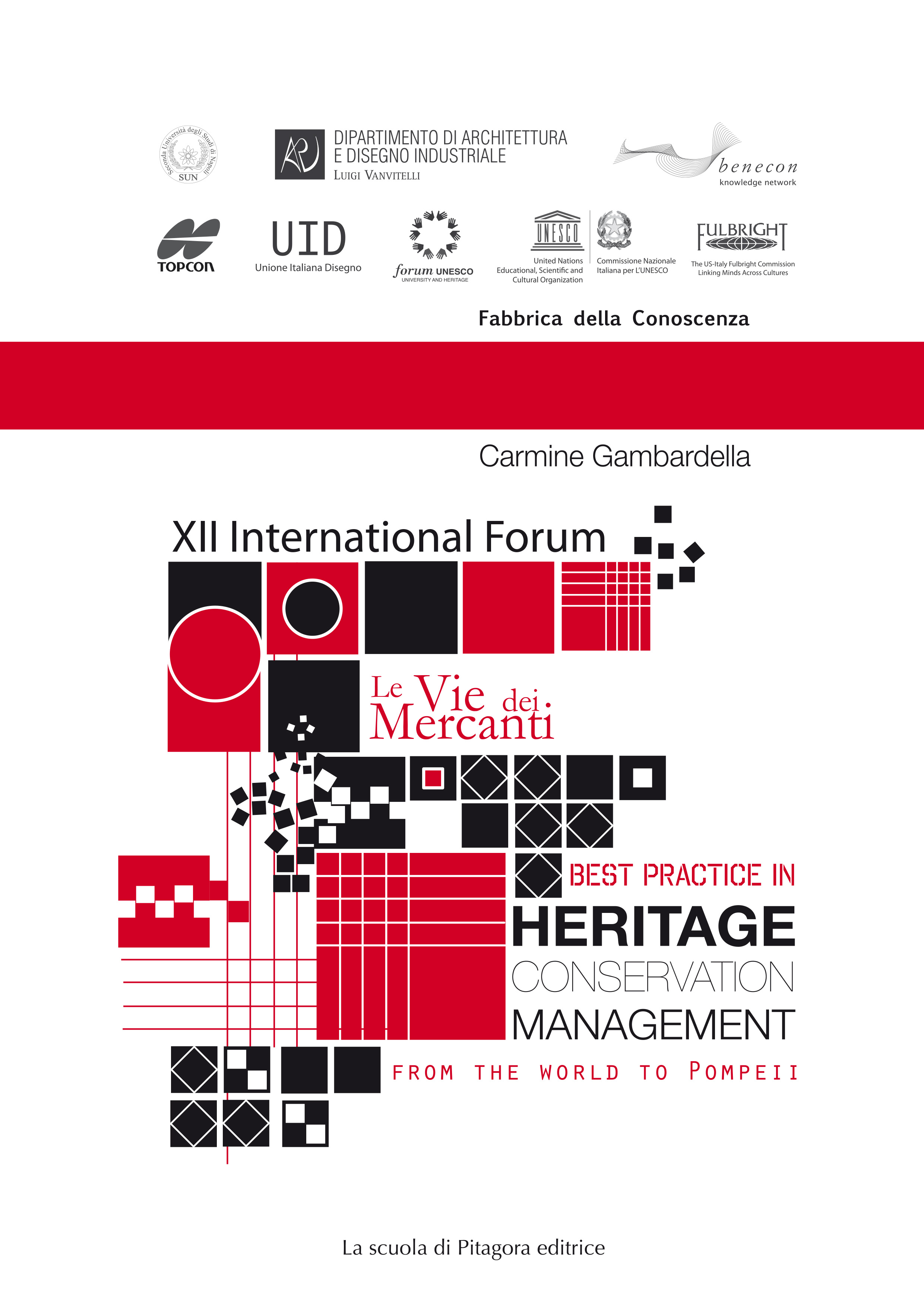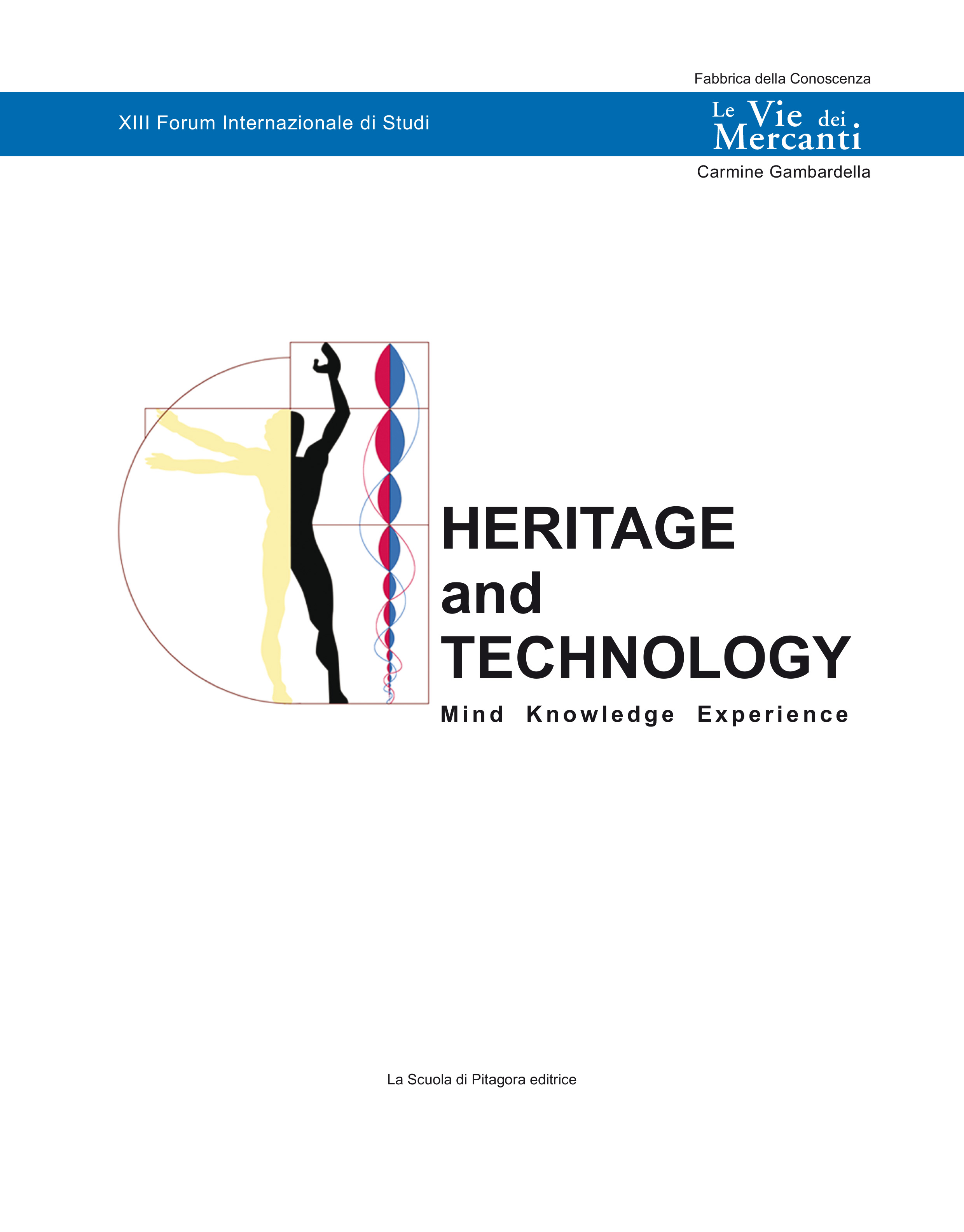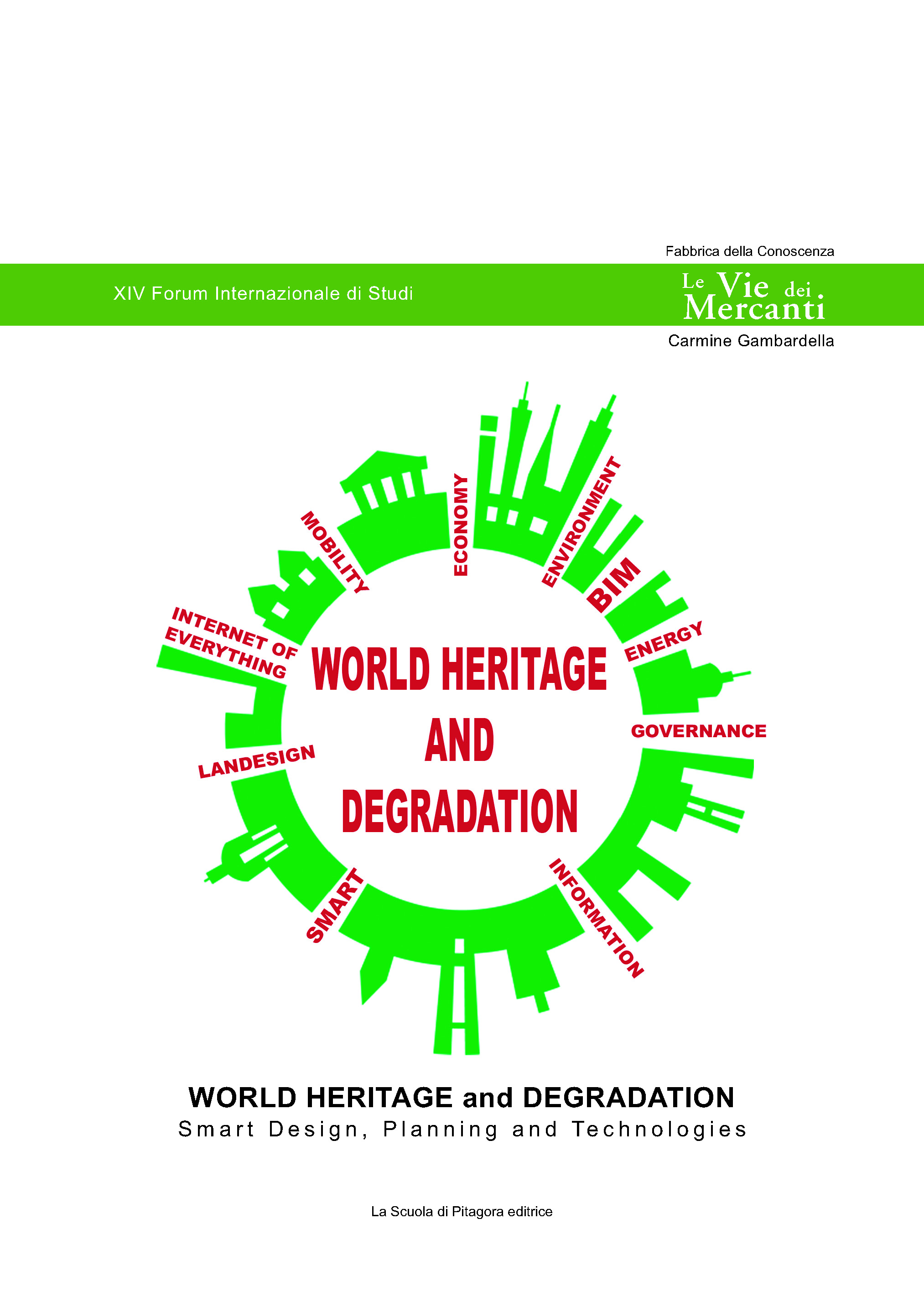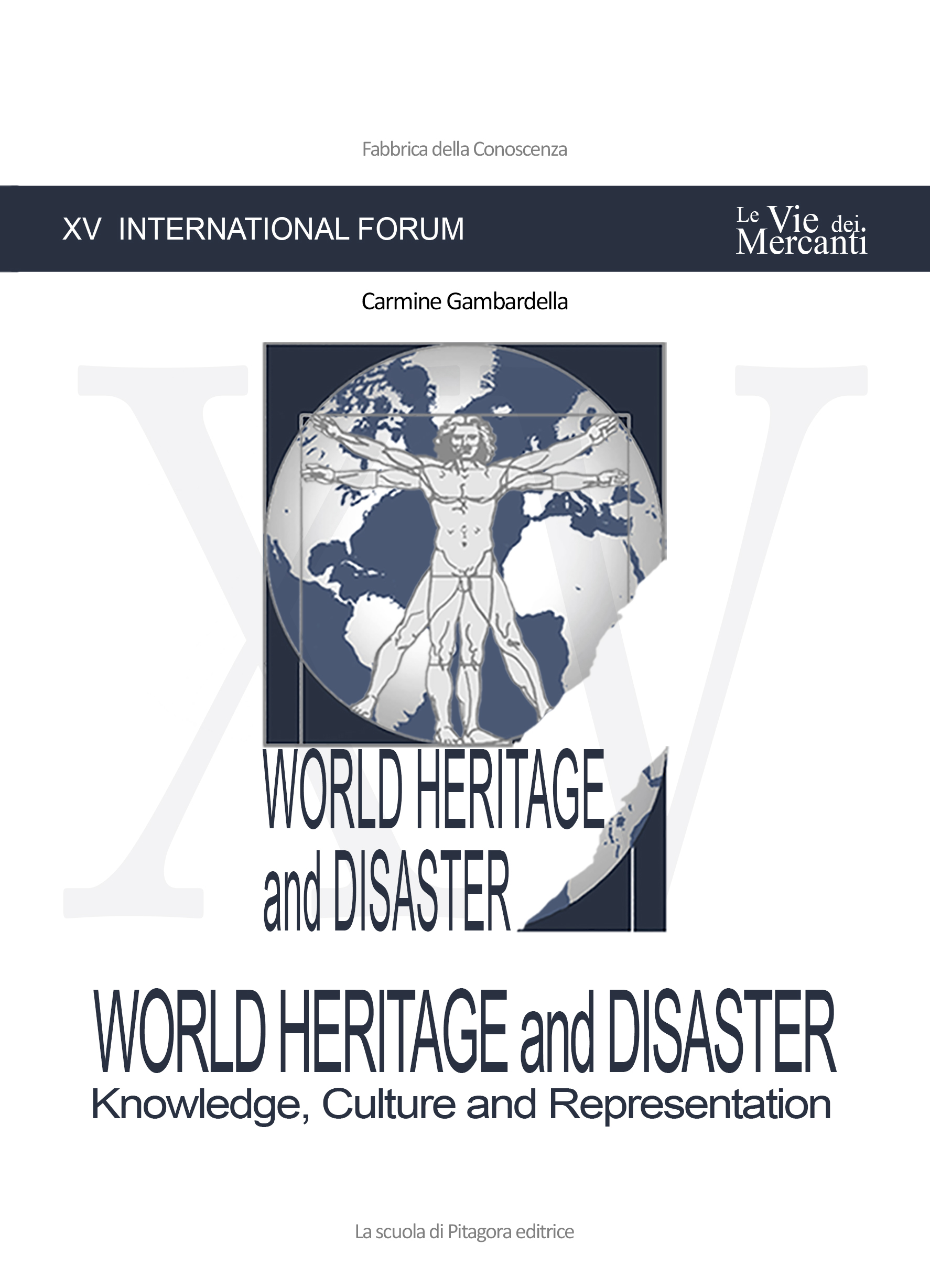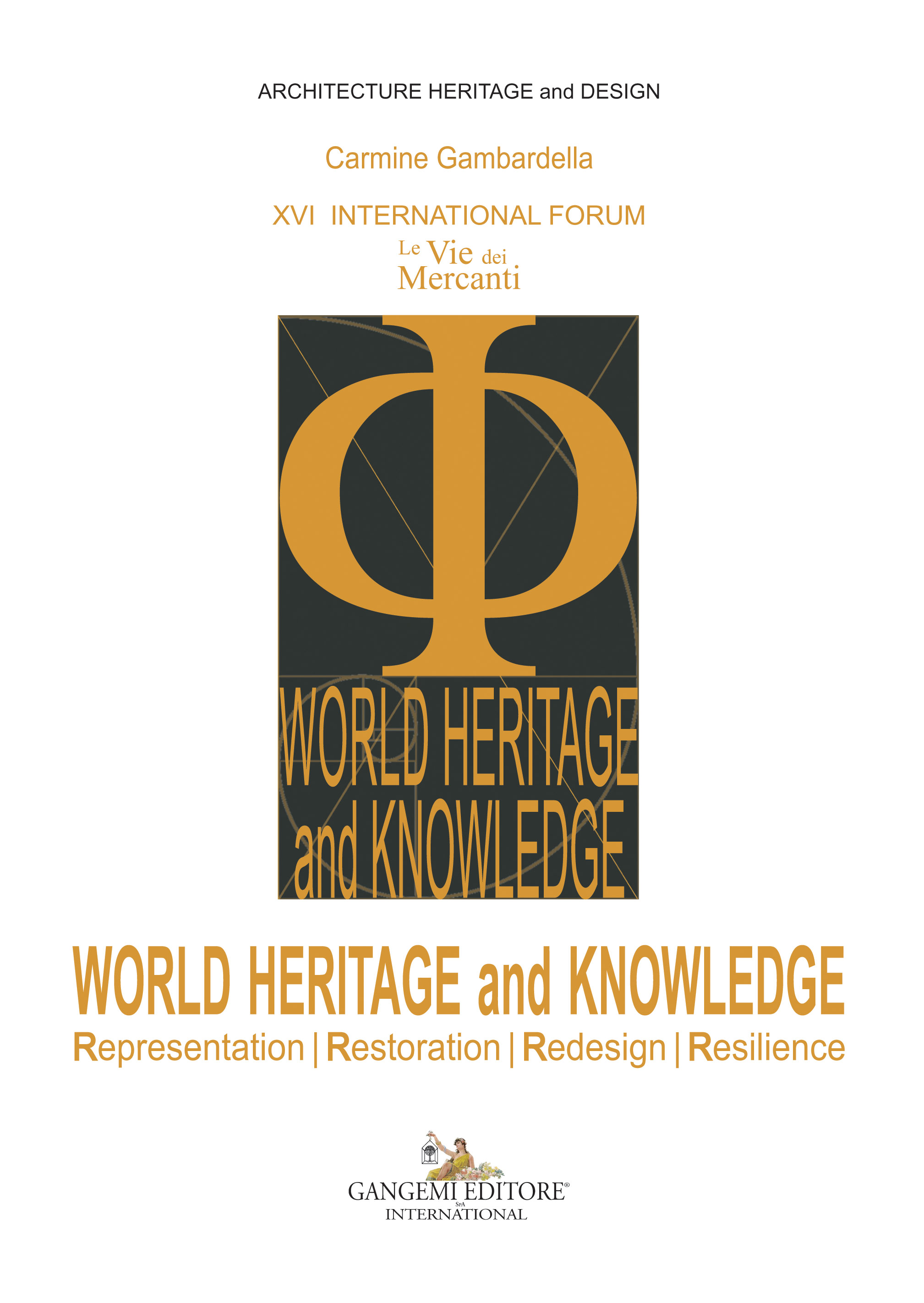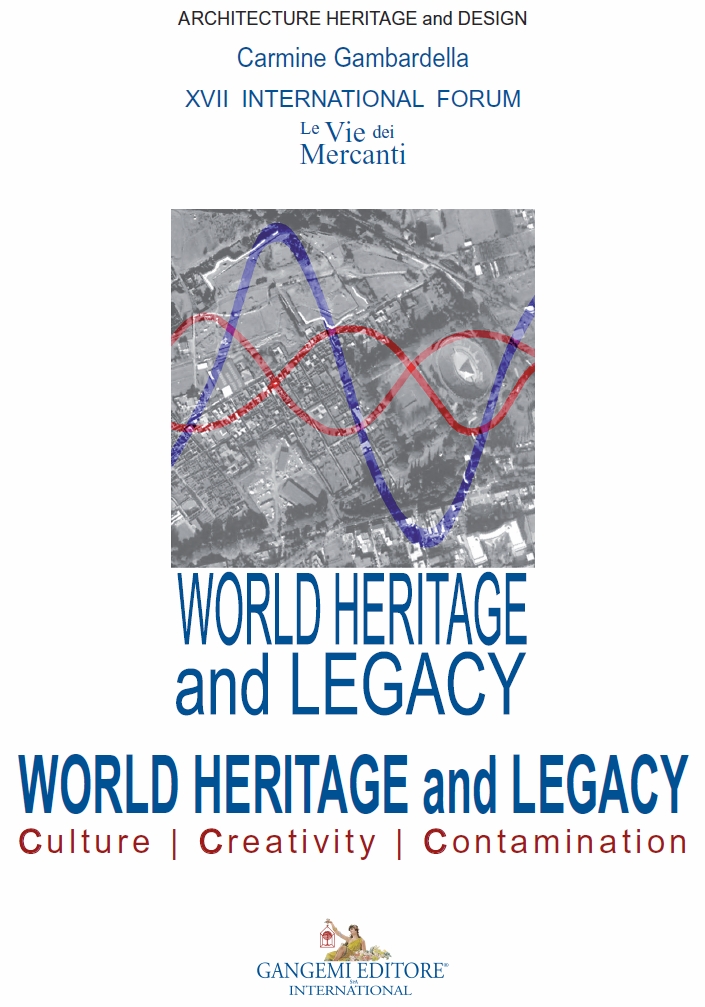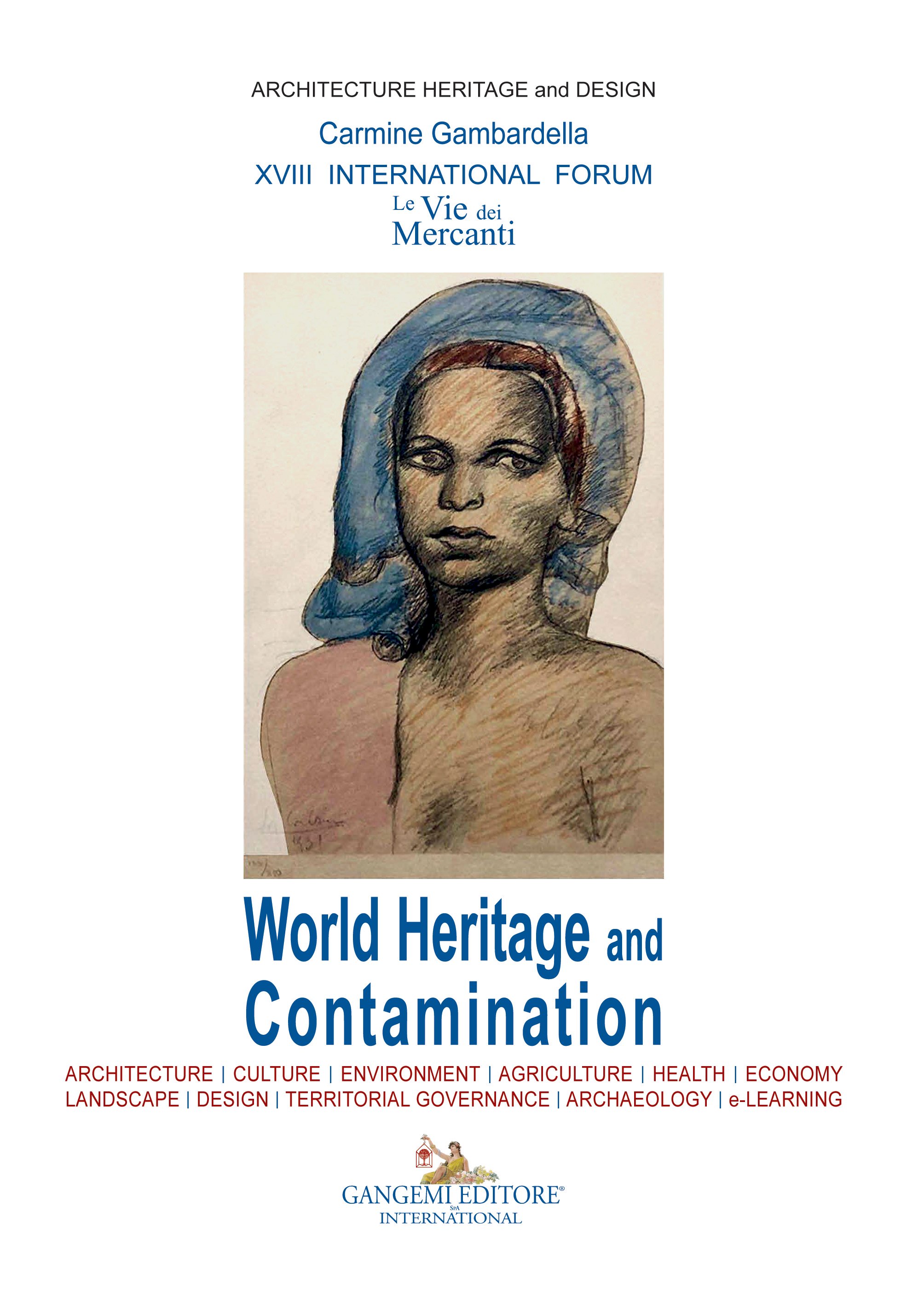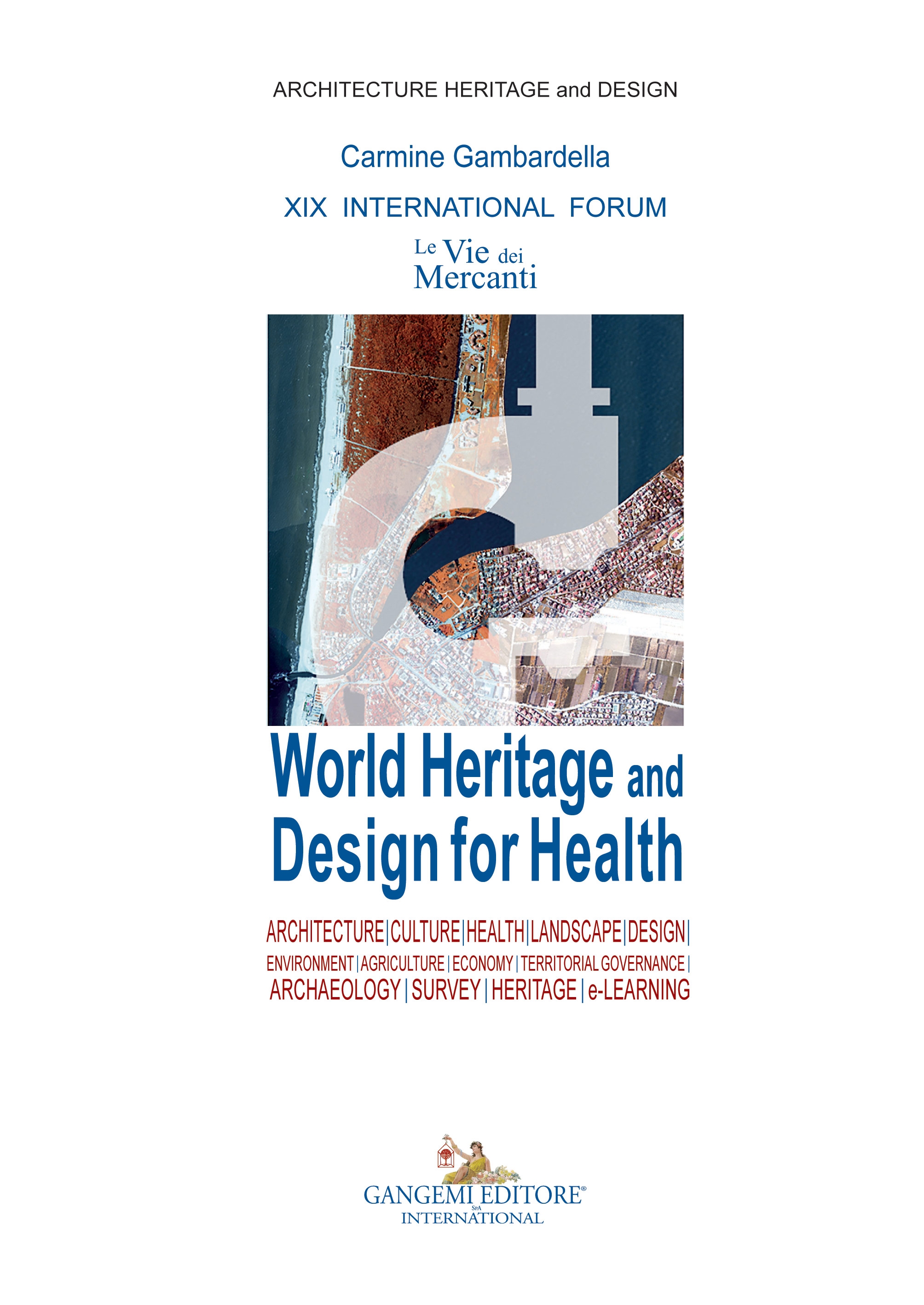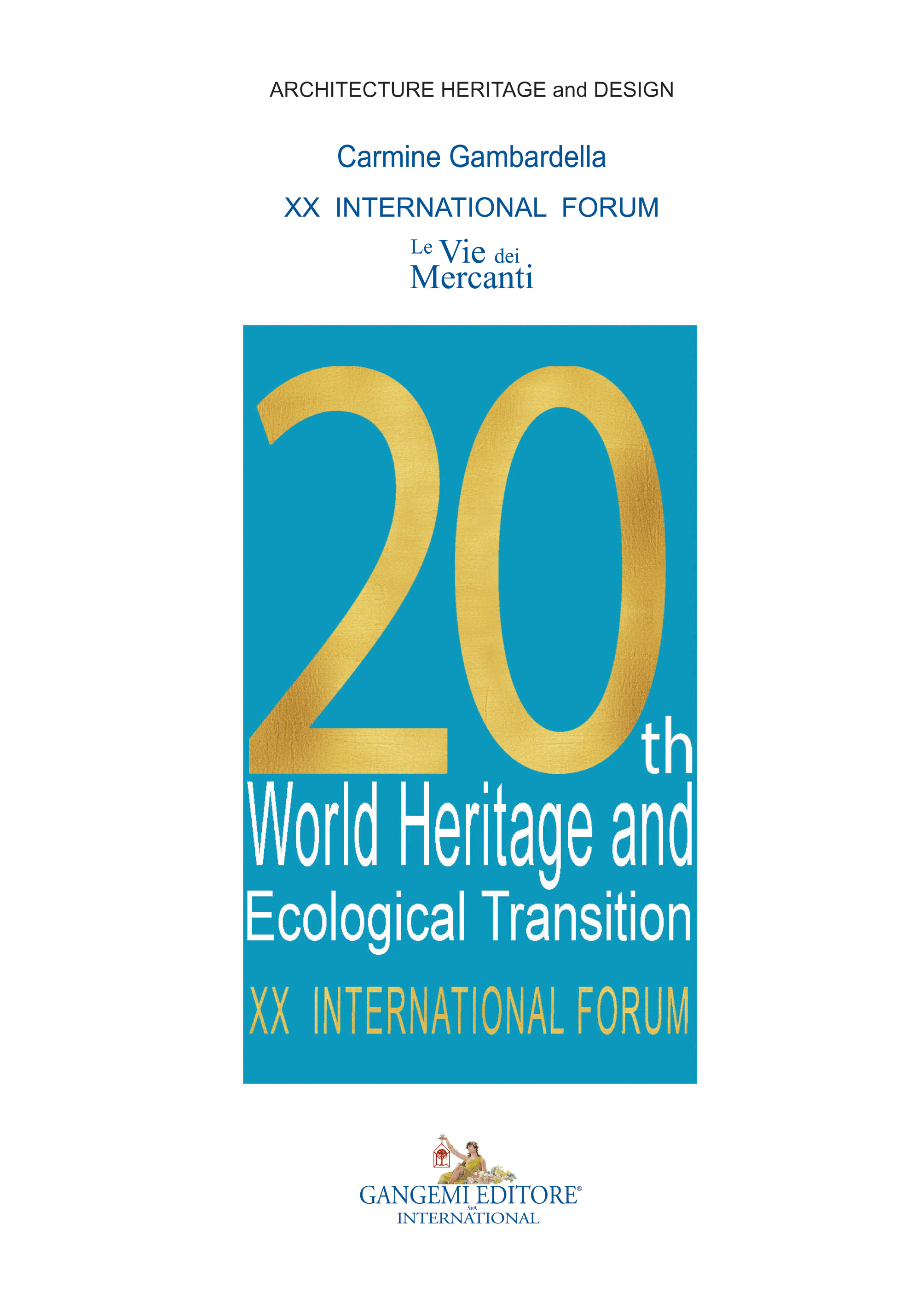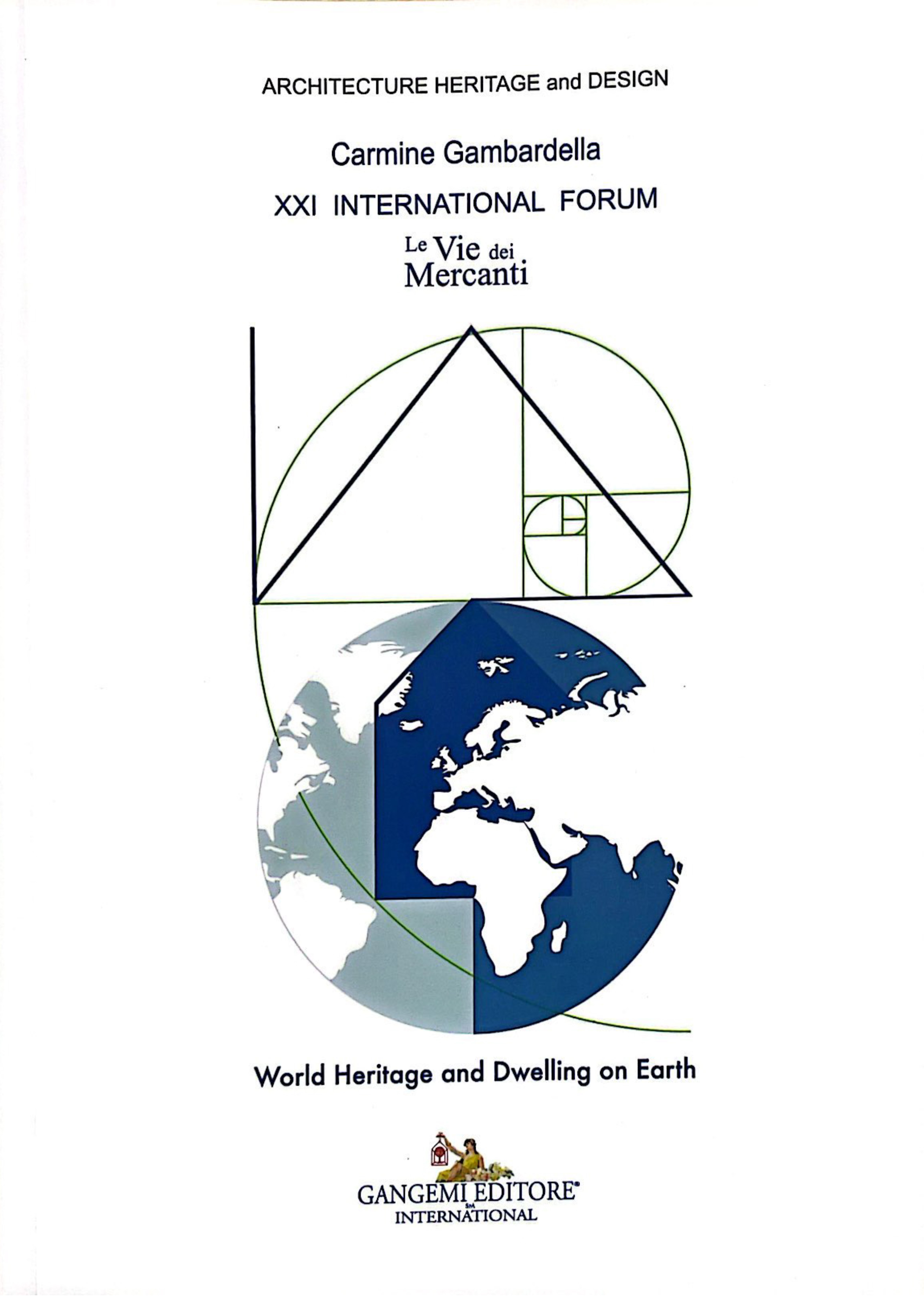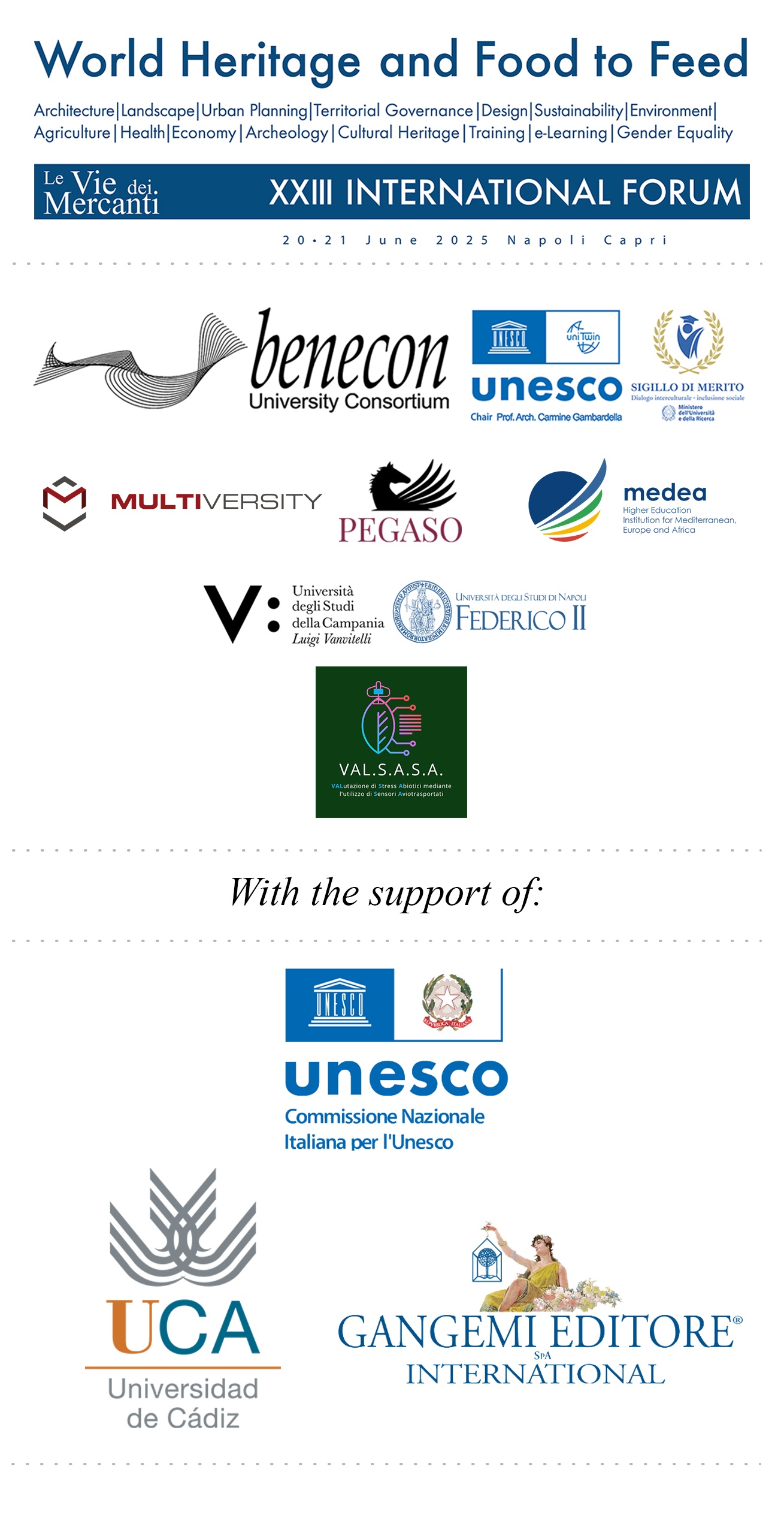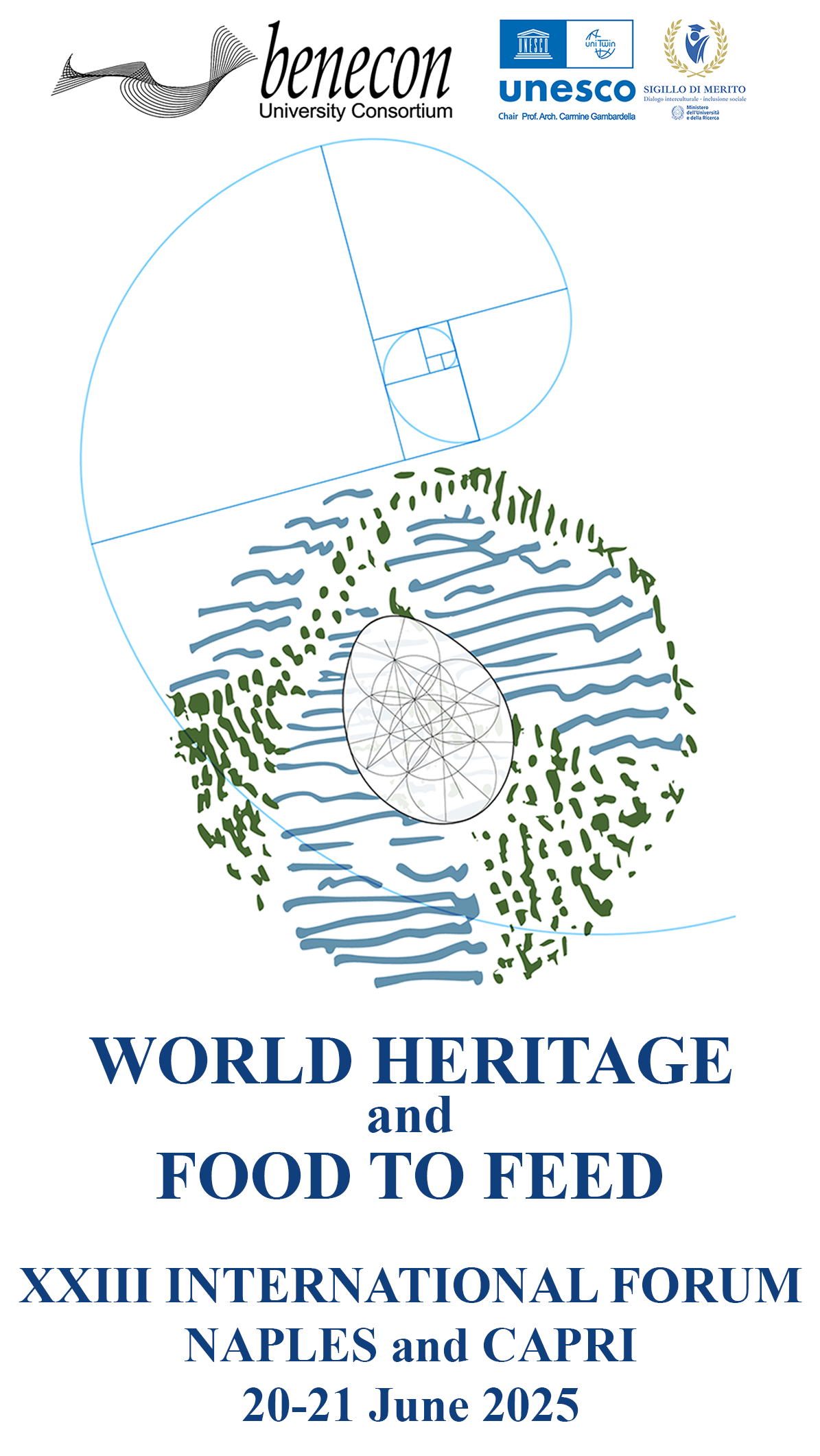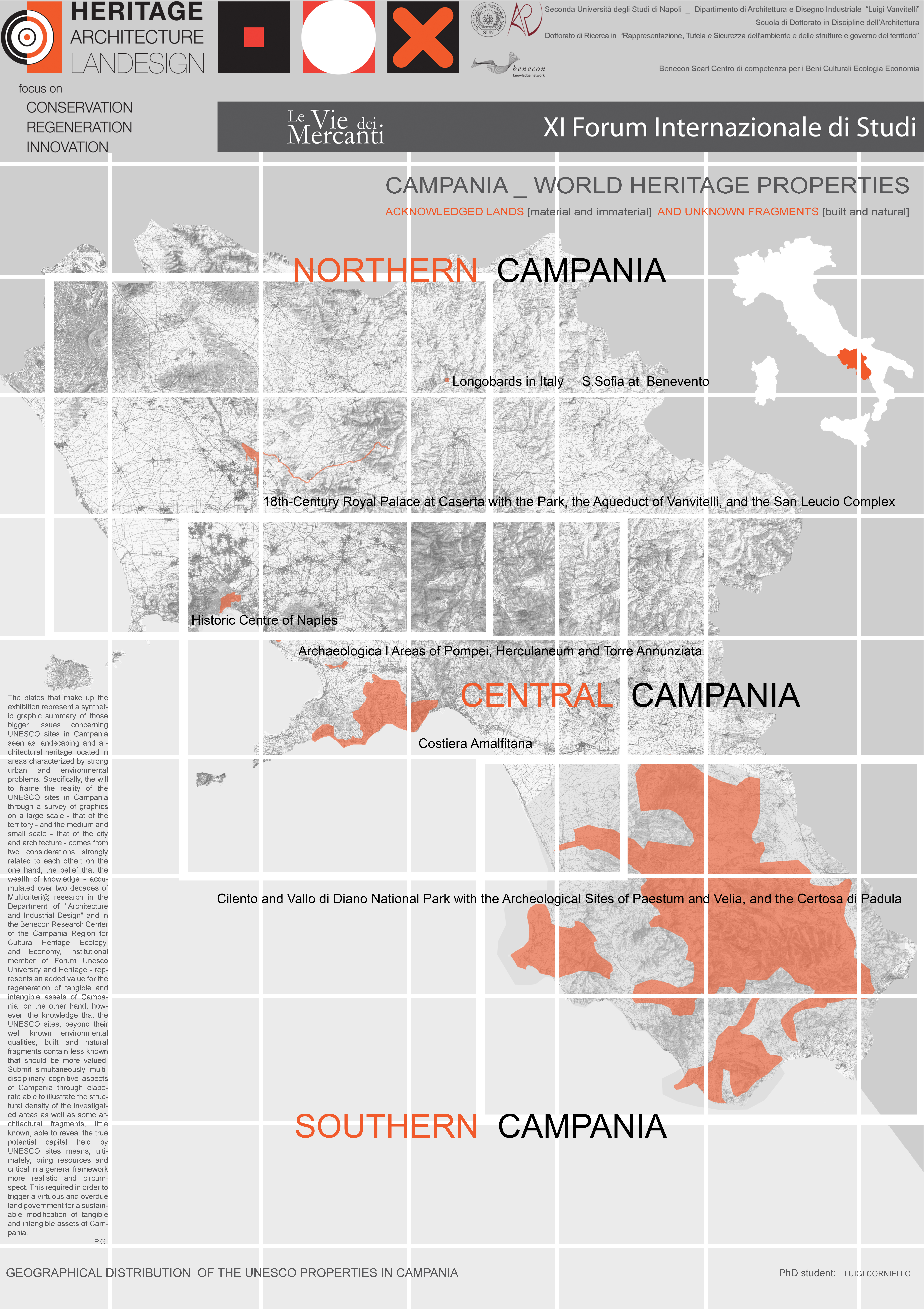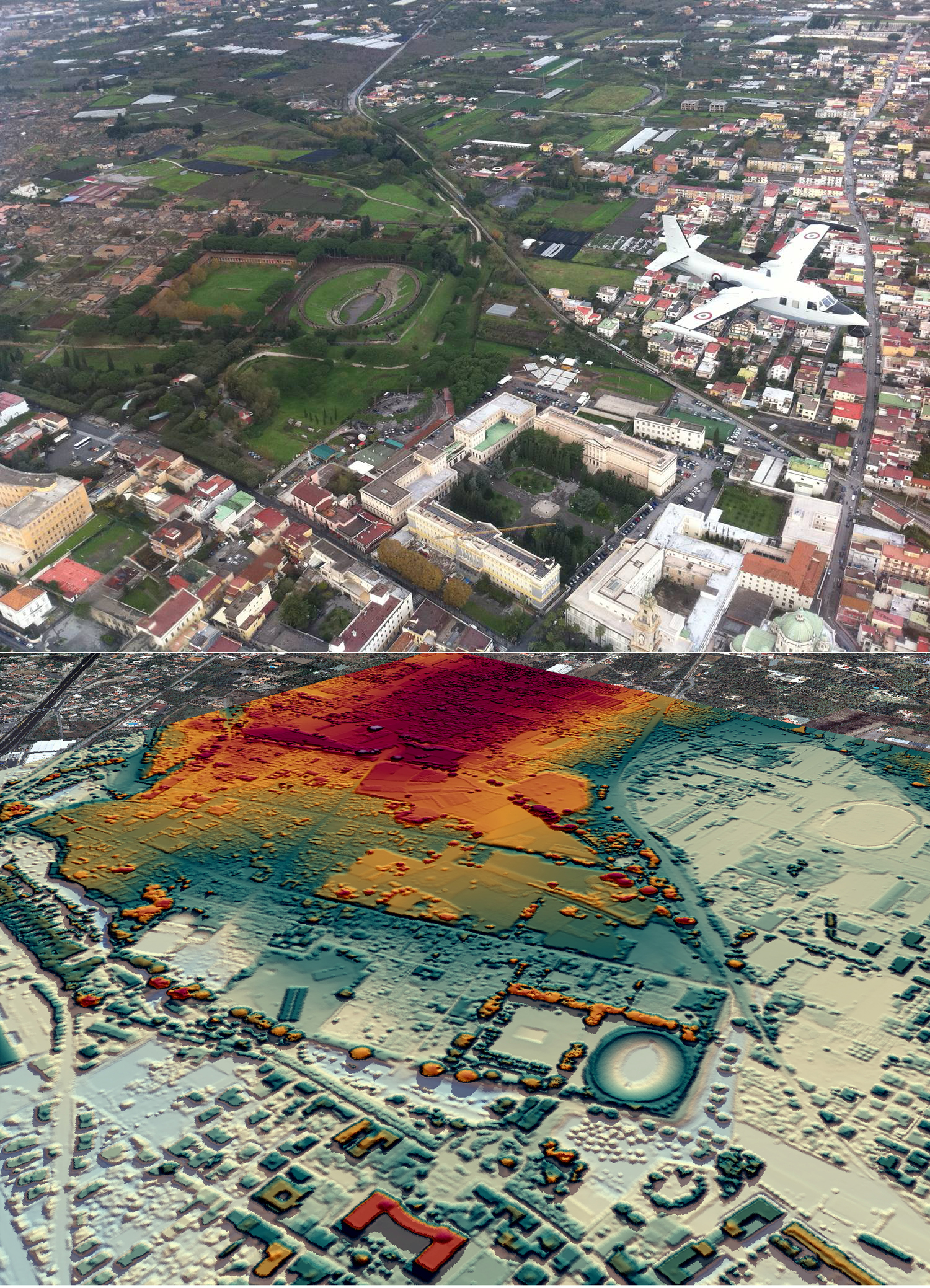Proceedings XV Forum
Download PDF XV Forum – Abstract
Download PDF XV Forum – Proceedings
XV International Forum of Studies “Le Vie dei Mercanti”
WORLD HERITAGE and DISASTER. Knowledge, Culture and Representation
Naples 15 – Capri 16,17 June 2017
A theme, that in addition to highlighting the word DISASTER, wants, as in all the editions of the Forum, place the emphasis on the word Culture, the systemic product of knowledge and applications, which has a plastic strength as Nietzsche pointed out, capable of healing broken parts, to recover lost parts, and as such belongs to humanity, the Man Artifex and Faber in its historical self-reproduction.
A faith in humanity’s ability to achieve ever higher levels of knowledge to offer as patrimonial value, beyond disastrous contingencies, which contains reparative stem cells and also fortifies evolutionary processes involving the Skills and Work of Man, the fate of Landscapes, Territories, Cities, Architecture and Archaeology as Traces of Geography of the past that emerges in the Geography of the Present.
For these reasons, in Naples on 15 and Capri, on 16 – 17 June, the 15th“International Forum Le Vie dei Mercanti” will be held. An established event that in three decades has seen the participation of a scientific community from around the world grow, discussing multidisciplinary topics relating to the Landscape, Cultural Heritage, Government of the Territory, Design and Economics.
Therefore, I expect, along with the International Scientific Committee, contributions of studies and research relating to theories, concepts, applications, best practices to protect and preserve, in order to not only transmit to future generations the tangible and intangible patrimony of the World Heritage but also to orient the design processes and innovative planning for the modification that derive from the humus of identities and roots of the places, the regenerating sap of the places and of a “new”, which, citing Argan, possesses a contemporary of what it does not have the same date.
The location is exceptional. Campania, with six sites included in the World Heritage List, two UNESCO Man and Biospheres, two assets on the List of Intangible Heritage, is one of the richest regions in the world for cultural and landscape heritage. It is therefore no coincidence that the Forum will be held in Aversa/Naples and Capri, with visits to the sites and presentations of operational projects by the scientific community of Benecon*, a University consortium that hosts 250 researchers and distinguished professors of five Italian Universities, UNESCO Chair on Landscape, Cultural Heritage and Territorial Governance.
Carmine Gambardella
President and Founder of the Forum
*BENECON: Second University of Naples, Pegaso University, University of Naples ‘Federico II’, University of Salerno, University of Sannio
Report XIV Forum: 550 authors, 312 papers accepted coming from 30 Countries: Albania, Benin, Belgium, Bosnia and Herzegovina, California, Chile, China, Cipro, Cuba, Egypt, France, Germany, Italy, Japan, Jordan, Kosovo, Malta, Massachusetts, Michigan, New Jersey, New York, New Zealand, Poland, Portugal, Russia, Slovakia, Spain, Tunisia, Texas, Turkey.
ISI Web of Science: indexing of the 2012 Acts (X Forum), 2013 (XI Forum), 2014 (XII Forum), 2015 (XIII Forum), 2016 (XIV Forum under evaluation).
Topics: Heritage – Tangible and intangible dimensions – History – Culture – Collective Identity – Memory – Documentation – Management – Communication for Cultural Heritage – Architecture – Surveying – Representation – Modelling – Data Integration – Technology Platforms – Analysis – Diagnosis and Monitoring Techniques – Conservation – Restoration – Protection – Safety – Resilience Transformation Projects – Technologies – Materials – Cultural landscapes – Territorial Surveying – Landscape Projects – Environmental Monitoring – Government of the Territory – Sustainable Development
Disasters: earthquakes, tidal waves (or tsunami), volcanic eruptions, floods, hydrological risks, fires, landslides, avalanches, meteorite impacts, hurricanes and tornadoes, terrorist acts, armed conflicts, effects caused by mass migration, predation, unplanned urbanization and uncontrolled development of tourism

